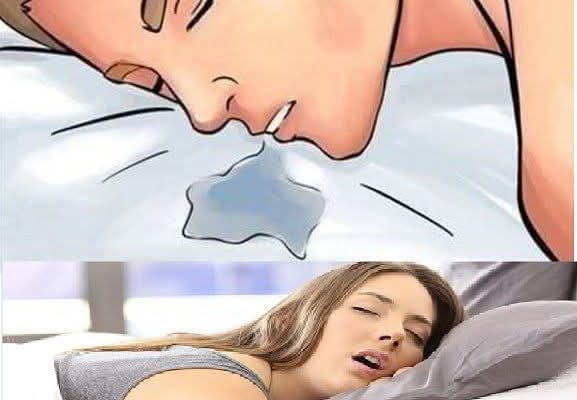fitted for proper dentures or correcting misalignment, can also help reduce drooling. Furthermore, practicing good oral hygiene, including brushing and flossing regularly, can prevent oral infections that contribute to increased saliva production.
In some cases, a dental appliance called a palatal lift can be used to support the soft palate and reduce drooling, particularly for individuals with neurological conditions. Botox injections into the salivary glands can also be considered to temporarily reduce saliva production, but this is not a permanent solution.
In conclusion, drooling while sleeping is a common and often harmless occurrence. However, understanding the underlying causes and potential contributing factors can help manage excessive drooling and address any associated health concerns. By identifying the root of the problem, individuals can take steps to improve their sleep quality, reduce embarrassment, and ensure a comfortable and dry night’s rest.



